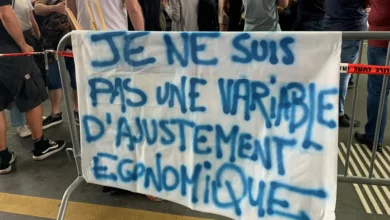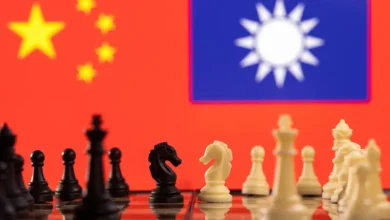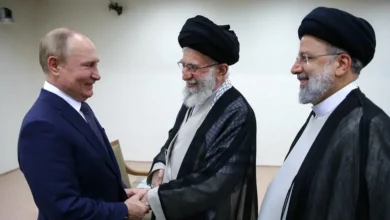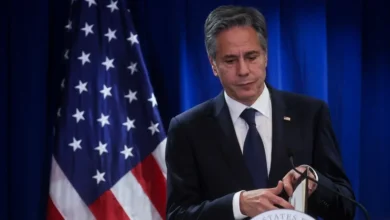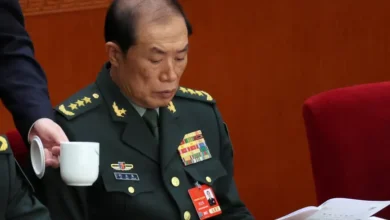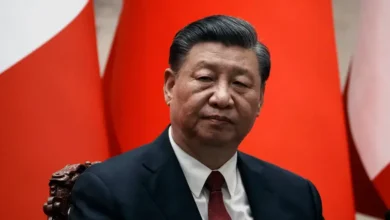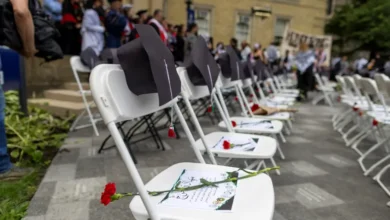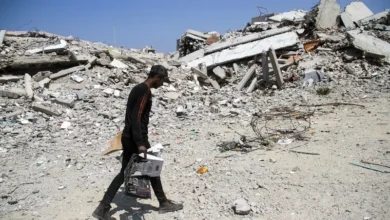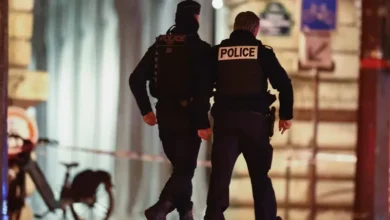Macron ‘changed for real’ on Ukraine: Zelenskyy
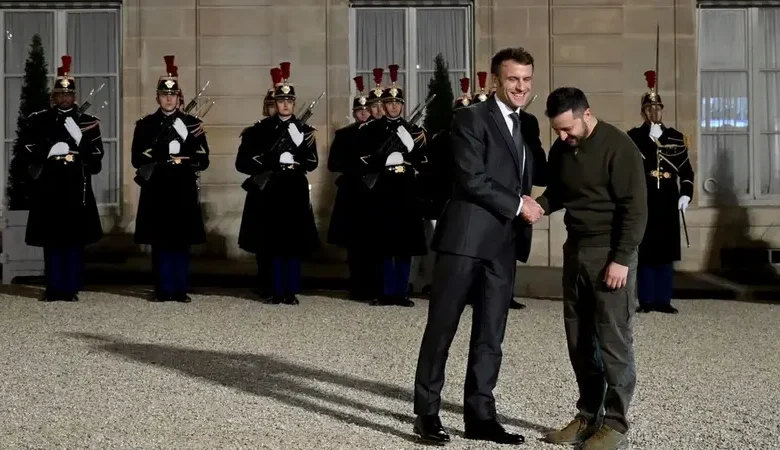
French President Emmanuel Macron has undergone a significant change on his stance towards Ukraine after seeking to keep channels open to Russia in the early phase of the conflict, his Ukrainian counterpart Volodymyr Zelenskyy said in an interview published Wednesday.
The interview was published by the Le Figaro daily just as Zelenskyy was to arrive in Paris for his first visit to France since the invasion began almost one year ago.
Zelenskyy had on occasion showed impatience with Macron, who held frequent telephone talks with President Vladimir Putin even after the invasion and even expressed concern that Russia should not be humiliated in any final settlement.
But Macron has now indicated France wants to support Ukraine until it emerges victorious in the conflict and announced it would send light tanks in a move that prompted Germany to follow suit with battle tanks.
“I believe he has changed,” said Zelenskyy. “And that he changed for real this time. After all, he (Macron) opened the door to tank deliveries.
“He also supported Ukraine’s candidacy for the EU. I believe it was a real signal. We had a lot of conversations with France, Germany and other countries. I believe that confidence is real today,” he added.
At the beginning of February, Paris pledged to deliver 12 new Caesar canons, in addition to the 18 already delivered. And it is also not ruling out the transfer of fighter aircraft to Kyiv, previously a red line.
Zelenskyy was arriving in Paris late in the evening after a lavish and packed day of talks and ceremonies in Britain, which has been a vocal supporter of Ukraine since before the invasion started.
Dinner at the Elysee Palace in Paris was arranged at the last minute, a source close to the issue said.
German Chancellor Olaf Scholz was heading from Berlin to Paris specially for the occasion.
Initially, it was expected that Zelenskyy would be in Brussels Wednesday evening ahead of a possible summit with EU leaders Thursday.
In London, Zelenskyy had an audience with King Charles III and was granted the rare honor of addressing parliament as a foreign head of state.

